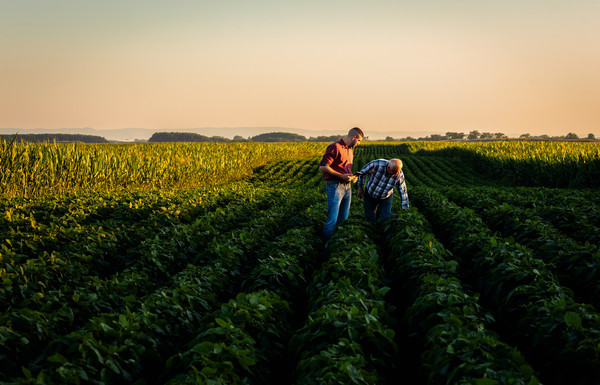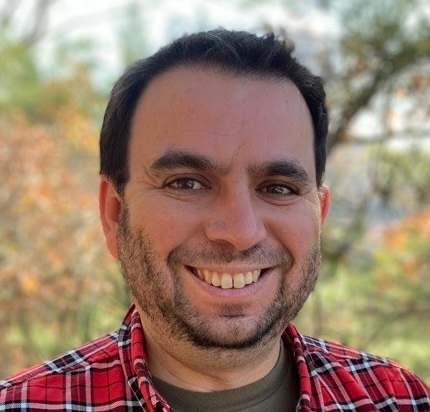The UN Voted On Whether Or Not Food Is A Human Right — The U.S. Was The Only Country To Vote 'No'
In November 2021, the United States opposed a UN resolution recognizing food as a human right, sparking global concern. The U.S. representatives cited issues with the resolution, but millions of Americans face food insecurity, underscoring the importance of recognizing food as a fundamental human necessity.
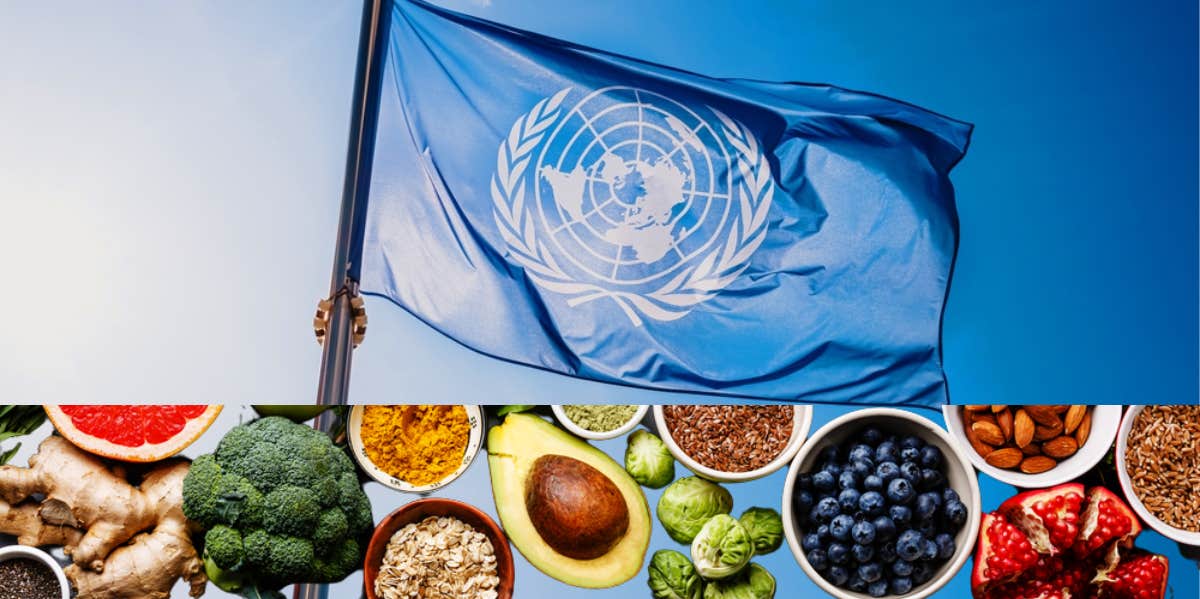
If you ask people if eating a meal is a privilege or a basic human right for survival, most would agree on the latter option. We would perish between eight to 21 days without adequate sources of food or water. It is fundamental to our survival and health.
However, a vote at the United Nations resolution makes it appear that United States representatives believe otherwise.
The United States voted against food as a human right, as per a UN committee’s draft resolution.
On November 9, 2021, nations in the UN voted on whether or not food is a human right. Over 180 countries participated in the vote, with an overwhelming majority voting in favor of food as a human right.
The United States was the only country to vote against it, with Isreal providing no vote at all.
The vote was especially alarming and not only concerned U.S. citizens but also people around the globe, considering that world hunger is a grave issue that affects millions of people.
The UN issued a statement in 2020, expressing concern about the lack of food and water, sharing that “the number of people lacking access to adequate food rose by 320 million ‑ to 2.4 billion ‑ amounting to nearly a third of the world’s population, and that between 720 million and 811 million people faced hunger.”
Delegates of other nations criticized the US due to its failure to recognize the severity of the situation. “Hunger is a violation of human dignity,” Cuba’s delegate stated while addressing the UN Committee meeting, noting that the US had blocked consensus on the draft for four years in a row.
U.S. representatives issued an explanation of the vote.
After acknowledging that hunger is a significant issue that has been on the rise, U.S. representatives believe that the resolution proposed by the UN “contains many unbalanced, inaccurate, and unwise provisions the United States cannot support.”
“This resolution does not articulate meaningful solutions for preventing hunger and malnutrition or avoiding their devastating consequences,” they added.
The U.S. representatives also stated that food security depends on “appropriate domestic action by governments, including regulatory and market reforms, that is consistent with international commitments.”
However, hunger and lack of adequate food sources are not just an international crisis.
They are issues that directly impact American citizens as well. According to the USDA, over 34 million Americans, including 9 million children, experience food insecurity. Although, many of them do not qualify for federal nutrition programs that combat hunger. Therefore, many of them rely on local food banks in order to obtain meals.
After the pandemic, it has become increasingly difficult for Americans to access food. Supply chain issues have resulted in skyrocketing food prices as well as food transportation disruptions.
Many people are left with no choice but to limit and ration their food intake, even if it means they will go to bed hungry each night.
The U.S.’s decision to turn a blind eye to recognizing food as a basic human right is not only a threat to communities around the globe battling hunger but communities right here in our own country.
The inequity of food sources can lead to a multitude of issues that many of us may not even realize before it is too late. Social unrest, the increase in public health costs due to the malnourishment of those struggling to provide meals for their families, and the decrease in development and economic productivity are only a few that will run rampant in the U.S. if families continue to starve.
All human beings are born with inherent rights, simply by virtue of being human. Having access to food and water that keeps humans alive is one of those rights.
Food is also more than just a substance to keep humans sustained. It is an integral part of a community’s cultural identity and traditions and bridges the gap between the rich and the poor.
Even if U.S. representatives do not believe that access to food is a human right, that does not mean that U.S. citizens can not look out for each other and ensure that we are all adequately fed.
We can volunteer with food banks, host a food drive, and support bills that impact access to nutritious meals for those in need of meals for their families.
Something as vital as food should not be a privilege that is exclusive to the wealthy. It is a basic human necessity and right that should be granted to all.
What is Your Reaction?
 Like
1
Like
1
 Dislike
0
Dislike
0
 Love
0
Love
0
 Funny
0
Funny
0
 Angry
3
Angry
3
 Sad
0
Sad
0
 Wow
0
Wow
0

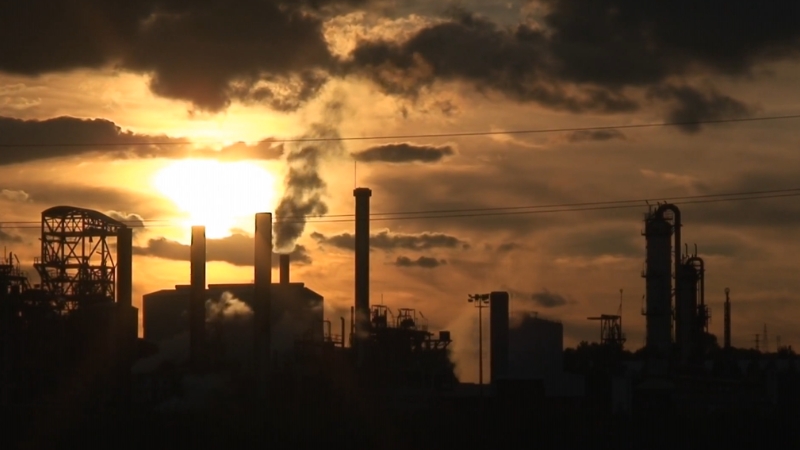














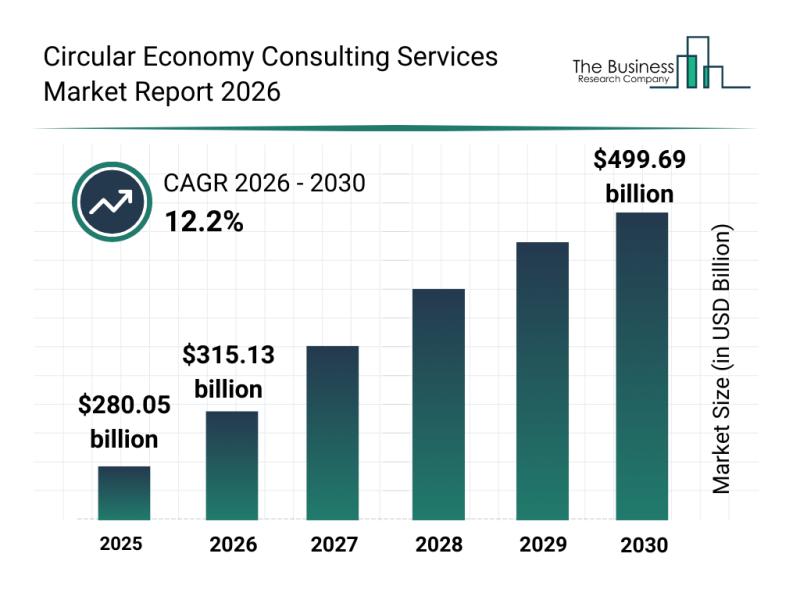







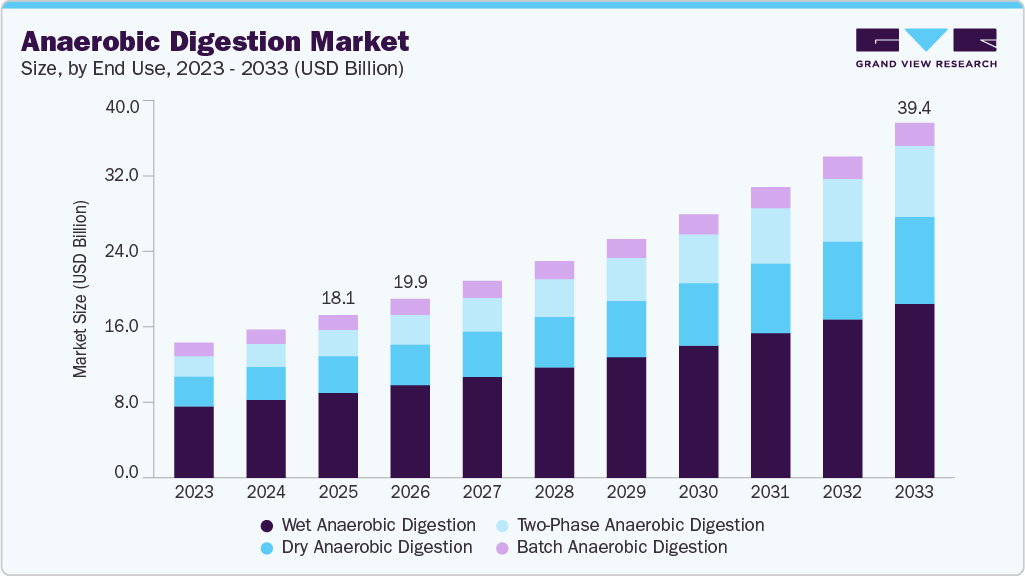























;Resize=620#)
